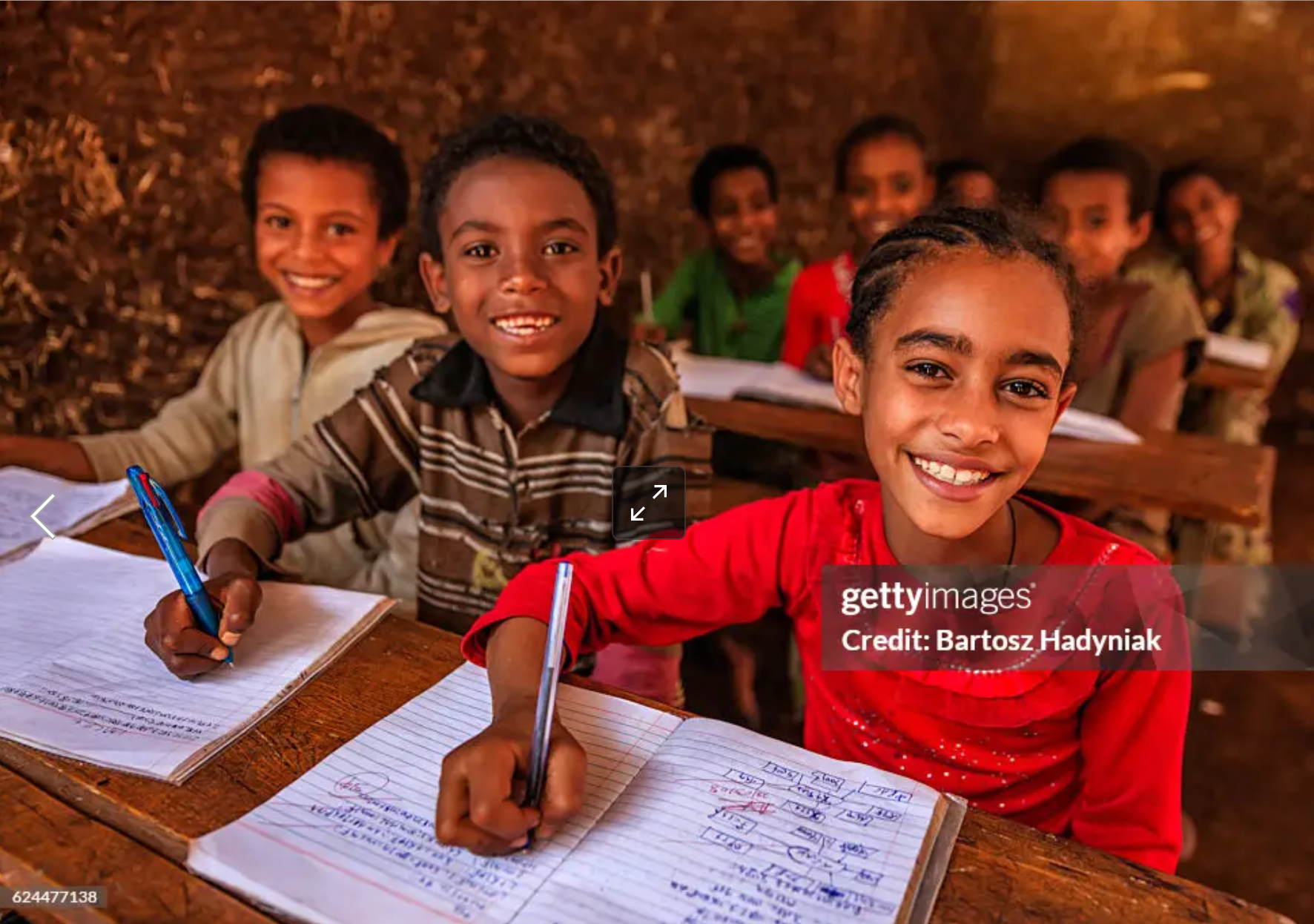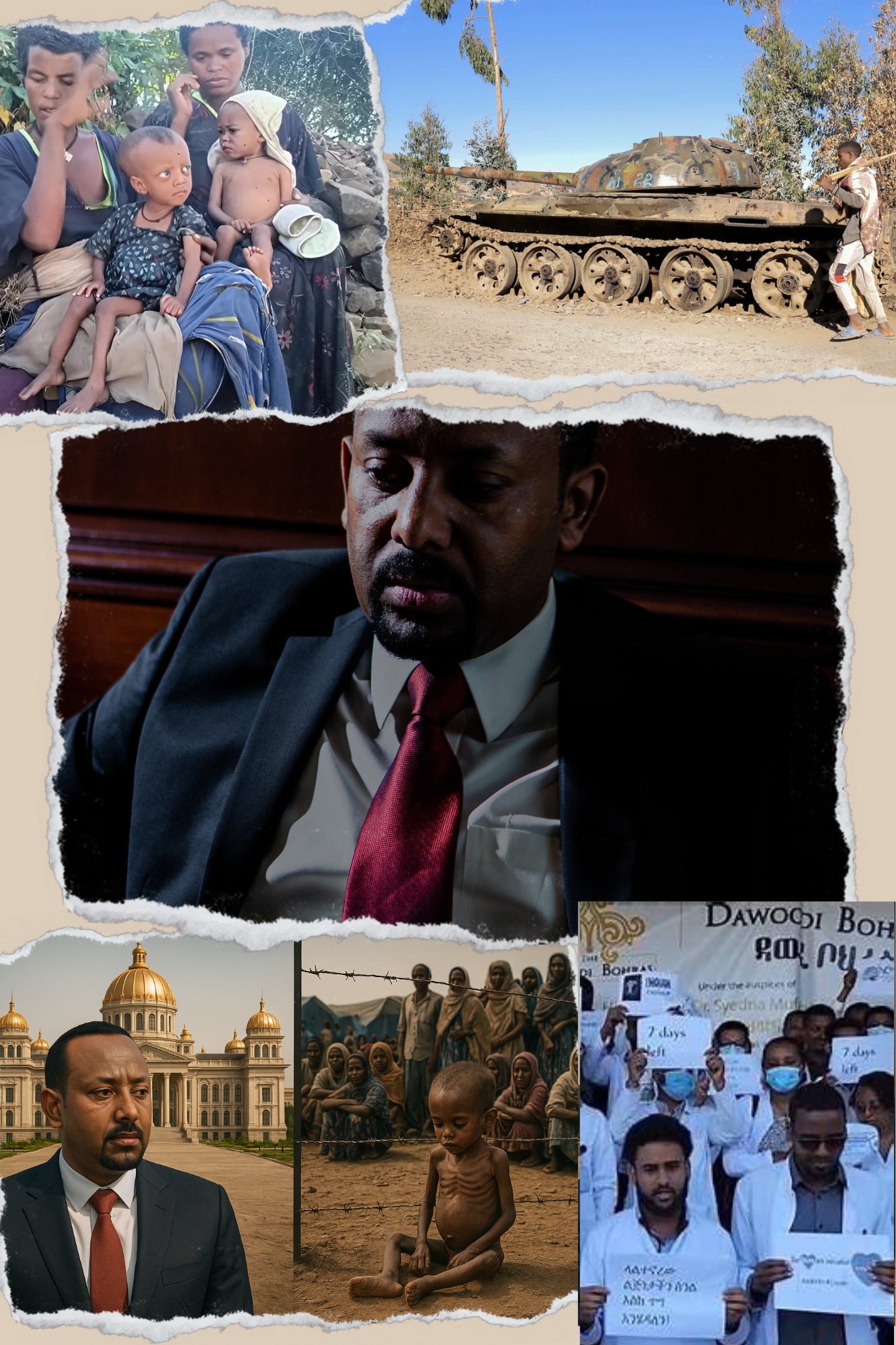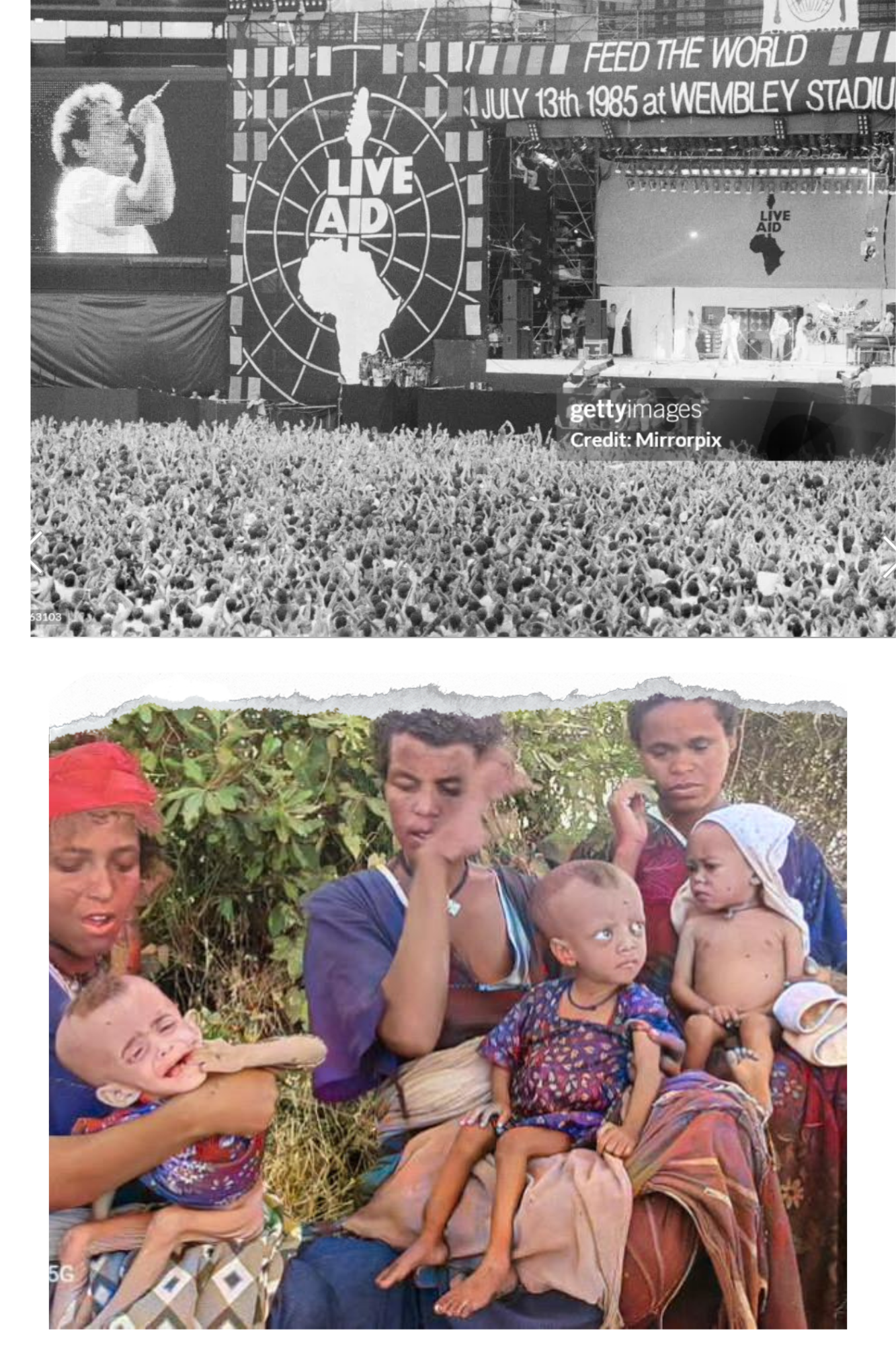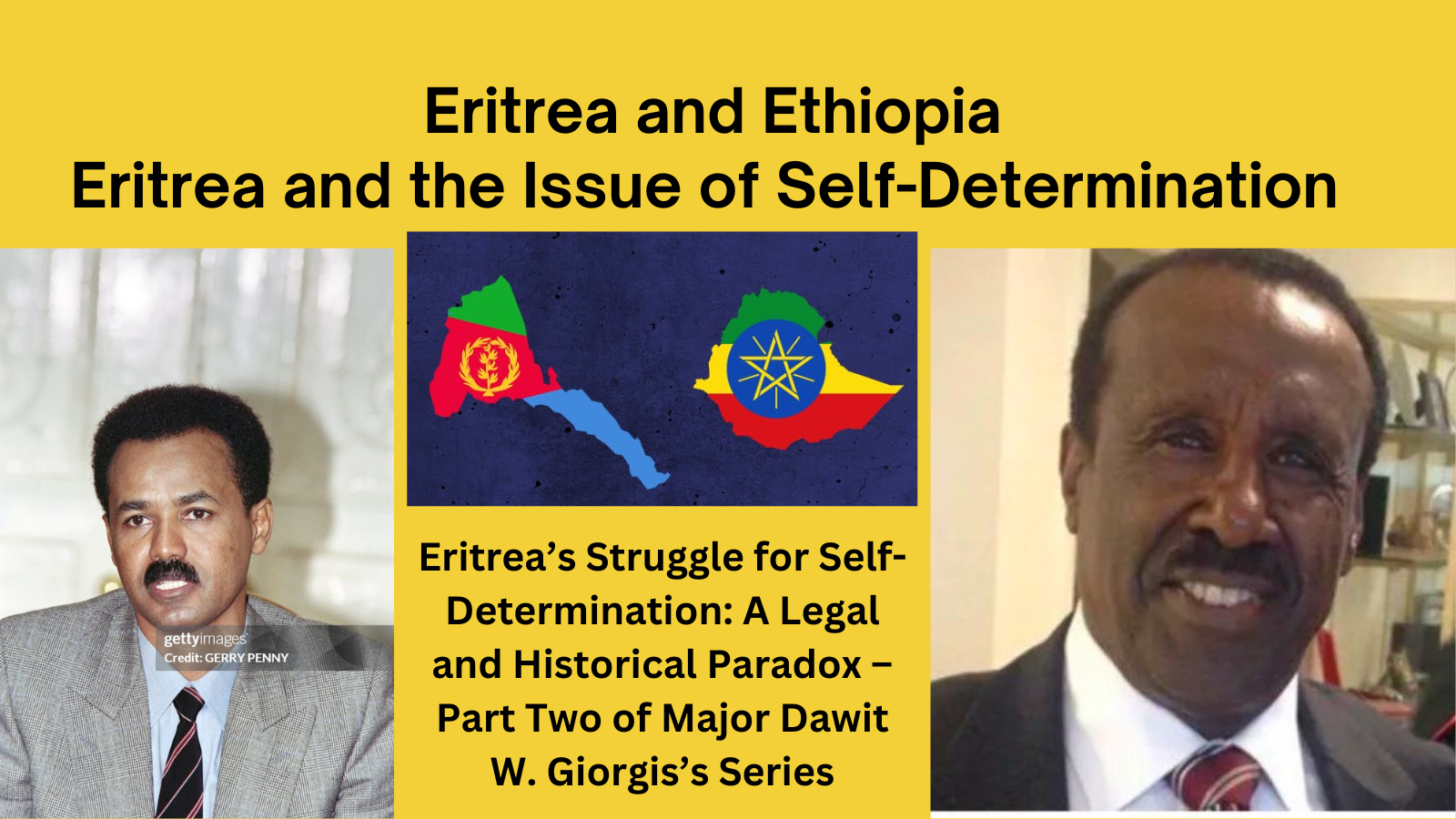The Hungry Doctor: Ethiopia’s Silent Emergency
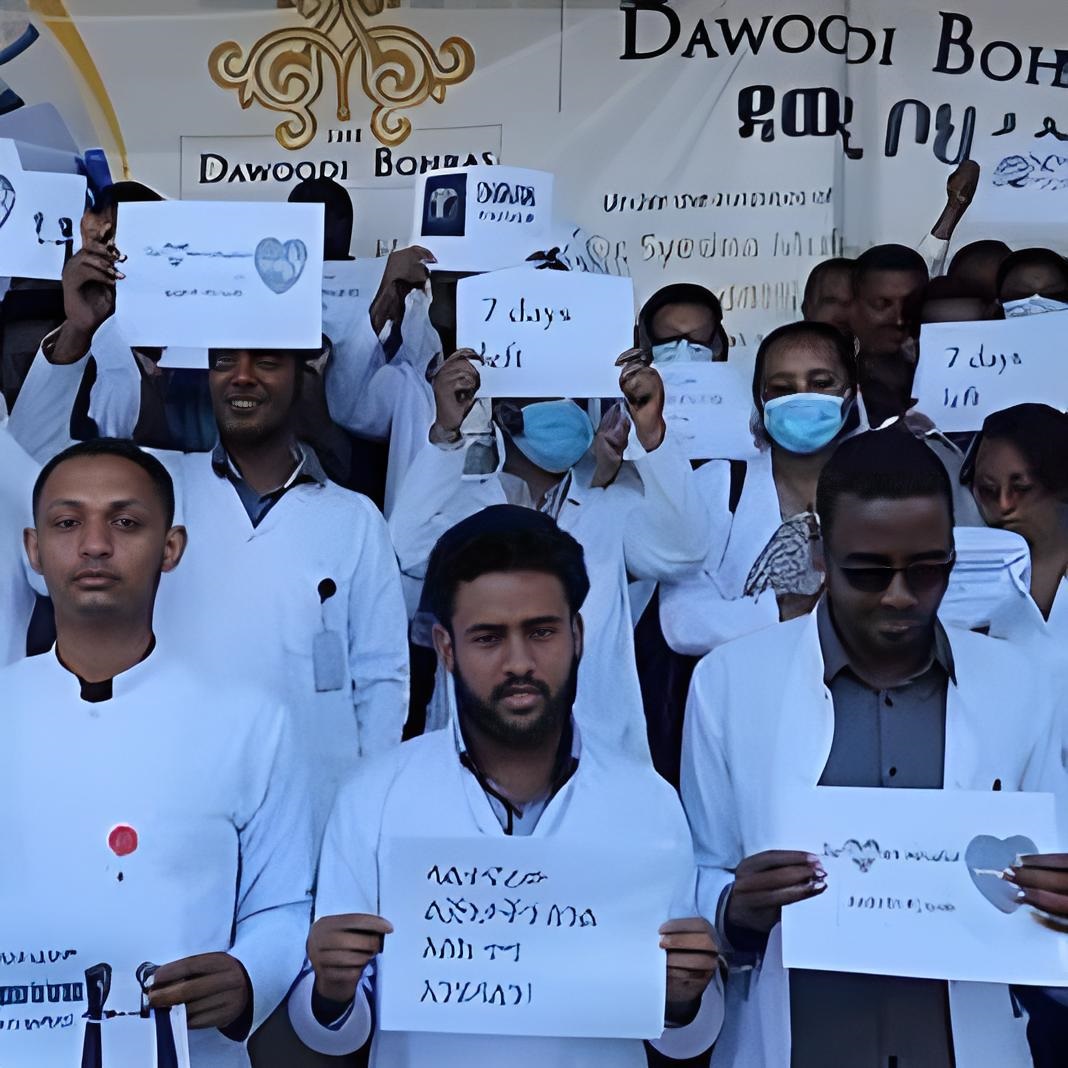
|
Getting your Trinity Audio player ready...
|
At 7:00 a.m., Dr. Luel arrives at a government hospital in northern Ethiopia. The electricity has already cut out twice, the water is barely running, and the emergency room is filled with patients whose names he does not yet know—but whose lives may depend on his next move.
He has not eaten breakfast. He likely won’t have lunch. By the end of the month, his salary—just under 5,500 Ethiopian birr—will barely cover rent for a one-room apartment. Forget protein-rich food, safe transportation, or savings. For Luel and thousands of physicians across Ethiopia, being a doctor is no longer a career. It is a sacrifice. Often, a slow starvation.
This is the human cost of a national failure. In Ethiopia today, the average government-employed physician earns the equivalent of 99 US dollars per month. That wage places them among the poorest working professionals in the country. It is less than what a parking attendant earns in some African capitals. And yet it is the going rate for a trained healer, a public servant, a guardian of life.
Why the Numbers Matter
According to the World Health Organization, Ethiopia has one of the lowest doctor-to-patient ratios in the world—fewer than 1 doctor per 10,000 people. Yet even as the demand for medical professionals grows, the supply is shrinking—not due to lack of education or talent, but due to despair. Doctors are leaving the public sector, leaving the country, or leaving medicine altogether.
“You cannot treat patients if you are dizzy from hunger,” one doctor said anonymously. “And you cannot keep going when your dignity is stripped daily by a system that does not value you.”
Their work conditions are not just difficult—they are dangerous. Many public hospitals lack basic equipment. Protective gear is often unavailable. Insurance is non-existent. When COVID-19 struck, Ethiopian doctors fought on the frontlines without even the most elementary safeguards. And they did so with barely a whisper. They are not known for protest. They are known for perseverance. But even that has limits.
A Crisis of Priorities
The Ethiopian government has made high-profile investments in infrastructure and urban beautification. A controversial new palace complex is reportedly costing over 10 billion US dollars. A multi-trillion birr corridor development project is underway. The political elite fly abroad for health check-ups while those who serve at home are left to struggle in silence.
This is not just economic disparity. It is a crisis of conscience. When governments invest in cement more than in caregivers, they risk building monuments atop a broken society. When a country’s healers are its hungriest, what hope is left for the sick?
The Future on the Line
Today’s medical students are watching. Many are questioning whether the white coat is worth the weight. Why sacrifice a decade of youth to become a doctor, only to live below the poverty line? Why serve when service is punished?
If the brain drain intensifies—and all signs point that way—Ethiopia may soon face a healthcare collapse worse than any pandemic.
More Than a Paycheck
They are not striking. They are not shouting. They are simply hungry.
This is not happening in a failed state or a war zone. It is happening in a government that claims to prioritize health and education. It is happening at the same time that this same government is building a new palace complex costing 10 billion USD, and a corridor development project worth over one trillion birr.
A doctor lives on 99 dollars. A government builds on billions.
This is not just economic mismanagement. It is a moral obscenity.
You do not need to be a policymaker to understand the consequences.
If medical students are punished with poverty, who will become a doctor?
If the few doctors left are forced to moonlight or emigrate, who will care for the sick? When a mother bleeds in childbirth, will the palace walls rush to save her?
Ethiopia is not poor in people. It is poor in priorities.
If this were your country, what would you feel?
If this were your wage, what would you do?
If this were your child, what would you advise?
Conclusion: A Nation at a Crossroads
Doctors are not asking for charity. They are asking for justice. And Ethiopia stands at a crossroads. It can continue to glorify steel and stone while its medical system rots from within. Or it can choose to honor those who have held it together through every crisis—with nothing but skill, hope, and empty pockets.
Because no country survives when its healers are forgotten.
Editor’s Note: The views expressed in articles published by East African Review are those of the individual authors, institutions and do not necessarily reflect the perspectives of the editorial team or East African Review as an organization. The publication of any Op-Ed piece does not imply endorsement by East African Review.—please feel free to share them in the comments section below or email us at eastafricanreview@gmail.com.

